Few experiences in life can shake our emotional foundation as deeply as a romantic breakup. Whether it ends amicably or abruptly, the unraveling of a significant relationship often feels like a seismic event in our personal world. But why do breakups hurt so profoundly? What happens in our minds and bodies when we lose a romantic connection, and how can we emerge stronger from the ashes of heartbreak? This blog explores the intricate science behind breakups, the psychological impact they have, and evidence-based strategies to navigate this challenging life event. By diving deep into the mechanics of emotional distress and recovery, we hope to provide not just understanding but also practical tools for healing.
Why Breakups Hurt: A Biological and Psychological Perspective
The Neurobiology of Heartache
Love is more than just an emotional connection; it’s a biological phenomenon. Romantic love activates the brain’s reward system, releasing dopamine, the “happy hormone,” which reinforces the bond with a partner. When this connection is severed, the brain’s reward system plunges into withdrawal, similar to the withdrawal experienced from addictive substances. This is why a breakup can feel like a form of addiction recovery, complete with cravings, mood swings, and obsessive thoughts.
Interestingly, the brain regions activated during heartbreak overlap with those triggered by physical pain. This neurological overlap explains why emotional pain can feel physically overwhelming. The anterior cingulate cortex, responsible for processing both physical and social pain, lights up during moments of rejection, underscoring the depth of emotional suffering associated with breakups.
The Evolutionary Angle
From an evolutionary standpoint, forming and maintaining romantic bonds has been critical for survival and reproduction. Losing such a bond would have signaled vulnerability, prompting strong emotional reactions to motivate repair or replacement of the connection. These primal mechanisms linger in modern humans, making the loss of a romantic partner feel disproportionately distressing, even when the relationship was flawed.
The Psychological Impact of Breakups
Emotional Turmoil: From Sadness to Despair
Breakups often trigger a cascade of emotions, including sadness, anger, anxiety, and guilt. For many, these feelings are compounded by intrusive thoughts, difficulty concentrating, and sleep disturbances. This emotional turmoil is not just inconvenient; it can significantly impair daily functioning.
In extreme cases, breakups can precipitate clinical depression, characterized by persistent feelings of worthlessness, hopelessness, and a loss of interest in previously enjoyed activities. These symptoms underscore the profound psychological impact of losing a romantic connection.
Rejection, Betrayal, and Self-Worth
One of the most painful aspects of a breakup is the sense of rejection. Being left by a partner often challenges one’s sense of self-worth, leading to feelings of inadequacy and self-doubt. If betrayal is involved, the emotional pain intensifies, often accompanied by trust issues that linger into future relationships.
These experiences are not merely emotional; they have physiological correlates. Elevated cortisol levels, the body’s stress hormone, can contribute to immune dysfunction, increased inflammation, and even cardiovascular issues during periods of intense distress.
Gender Differences in Coping
Men and women often process breakups differently. Women are more likely to experience intense emotional pain immediately but tend to recover more completely over time. Men, on the other hand, may suppress their emotions initially, only to face delayed and prolonged psychological effects. These differences highlight the need for tailored approaches to support and recovery.
The Science of Recovery: Building Resilience After Heartbreak
- The Role of Time in Healing
Contrary to the adage “time heals all wounds,” recovery from a breakup is not purely passive. While time is a critical factor, the quality of that time matters. Studies show that individuals who actively engage in coping strategies—such as seeking support, practicing self-care, and reframing their thoughts—recover more quickly and thoroughly than those who ruminate or isolate themselves.
- Cognitive Appraisal: How You Frame the Breakup Matters
Psychological research underscores the power of cognitive appraisal in determining emotional outcomes. Viewing the breakup as a learning opportunity rather than a personal failure can significantly reduce distress. This shift in perspective fosters a growth mindset, encouraging individuals to focus on self-improvement and future possibilities.
- The Role of Social Support
Humans are inherently social beings, and connection with others can buffer the emotional pain of a breakup. Leaning on friends, family, or support groups provides not only emotional relief but also practical guidance during challenging times. Sharing experiences and receiving validation can alleviate feelings of loneliness and isolation.
Practical Coping Strategies
- Practice Self-Compassion
Being kind to yourself is crucial during this vulnerable period. Acknowledge your pain without judgment and remind yourself that suffering is a universal human experience. Self-compassion exercises, such as writing letters of encouragement to yourself, can foster emotional resilience.
- Mindfulness and Meditation
Mindfulness practices, including meditation and deep breathing exercises, can help you stay present and reduce the mental clutter of intrusive thoughts. These techniques are particularly effective in mitigating anxiety and promoting emotional regulation.
- Rebuild Your Identity
Breakups often disrupt one’s sense of self, particularly in long-term relationships where identities become intertwined. Rediscovering your passions, hobbies, and values is a powerful way to rebuild your sense of self-worth and independence.
- Physical Activity
Exercise is not just good for your body; it’s a natural mood booster. Physical activity releases endorphins, which can alleviate symptoms of depression and anxiety. Whether it’s yoga, running, or dancing, find an activity that brings you joy.
- Seek Professional Help
If feelings of hopelessness or despair persist, don’t hesitate to seek therapy. Cognitive-behavioral therapy and other evidence-based interventions can provide tools to navigate complex emotions and rebuild your life.
The Long-Term Impact: Growth Through Adversity
- Post-Traumatic Growth
While breakups are undoubtedly painful, they also present opportunities for profound personal growth. Many individuals report increased self-awareness, improved emotional intelligence, and greater clarity about their values and goals after overcoming heartbreak.
- Building Emotional Resilience
Navigating a breakup strengthens emotional resilience, equipping individuals to handle future challenges with greater ease. Learning to cope with loss fosters a sense of self-efficacy and confidence in one’s ability to overcome adversity.
- Redefining Relationships
Breakups often prompt a reevaluation of relationship expectations and boundaries. This introspection can lead to healthier, more fulfilling connections in the future.
Conclusion: Turning Heartbreak into Hope
The end of a romantic relationship is a deeply human experience, one that challenges us but also provides opportunities for growth and transformation. By understanding the science behind heartbreak and embracing evidence-based coping strategies, we can navigate this emotional storm and emerge stronger, wiser, and more self-aware.
Healing is not linear, but it is achievable. With time, effort, and support, you can turn the pain of a breakup into a powerful catalyst for personal growth. Remember, your story doesn’t end with heartbreak; it’s just the beginning of a new chapter.
TAGS: Heartbreak Recovery, Romantic Breakups, Emotional Healing, Mental Health and Relationships, Coping with Loss, Breakup Psychology, Stress and Anxiety Management, Post-Traumatic Growth, Dr. Saurabh Kumar, Healthy Minds Clinic
Disclaimer: All characters and events depicted in this blog are entirely fictional. Any resemblance to actual persons, living or dead, is purely coincidental. The content is intended for informational purposes only and should not be considered as medical advice. Always consult a qualified healthcare professional for medical concerns.
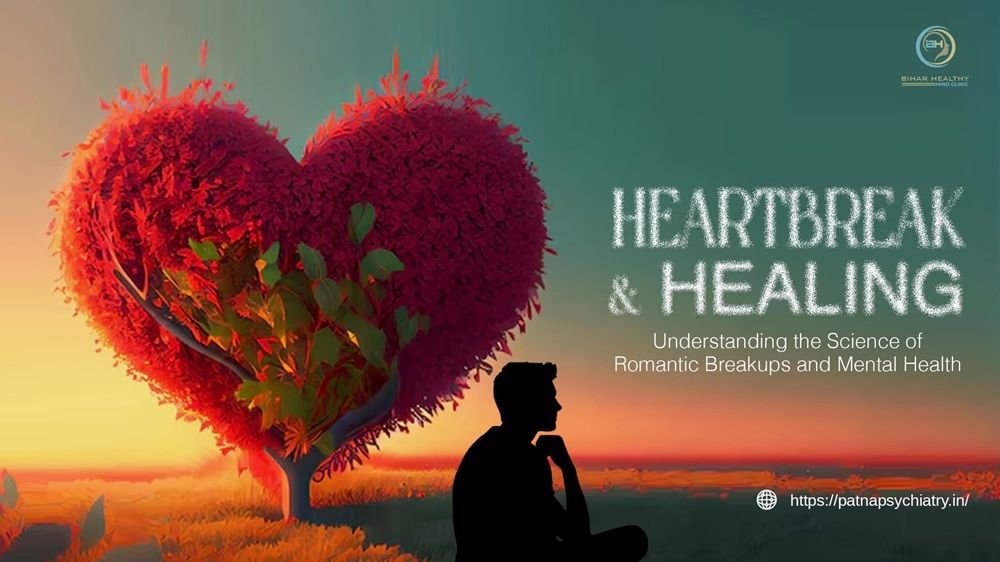

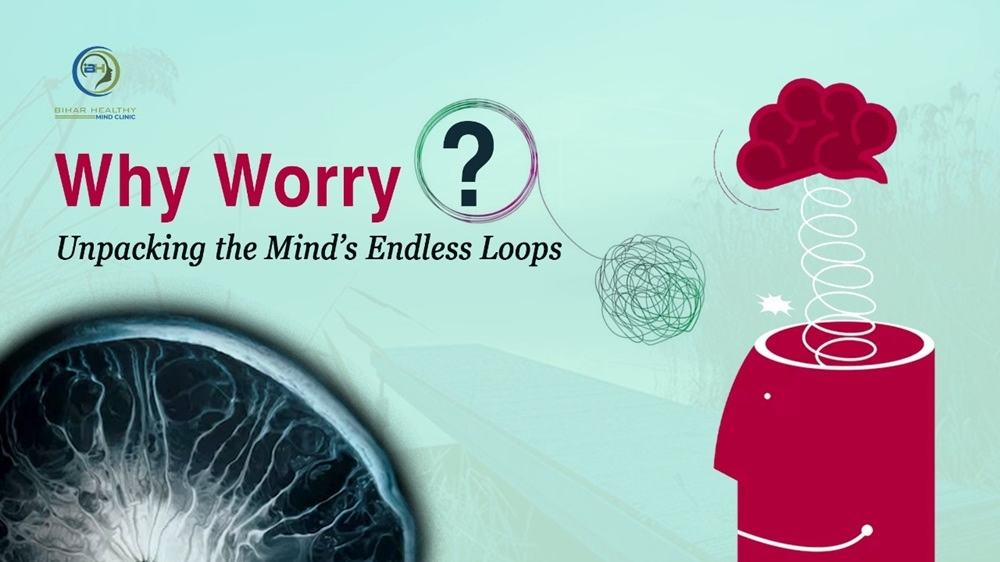
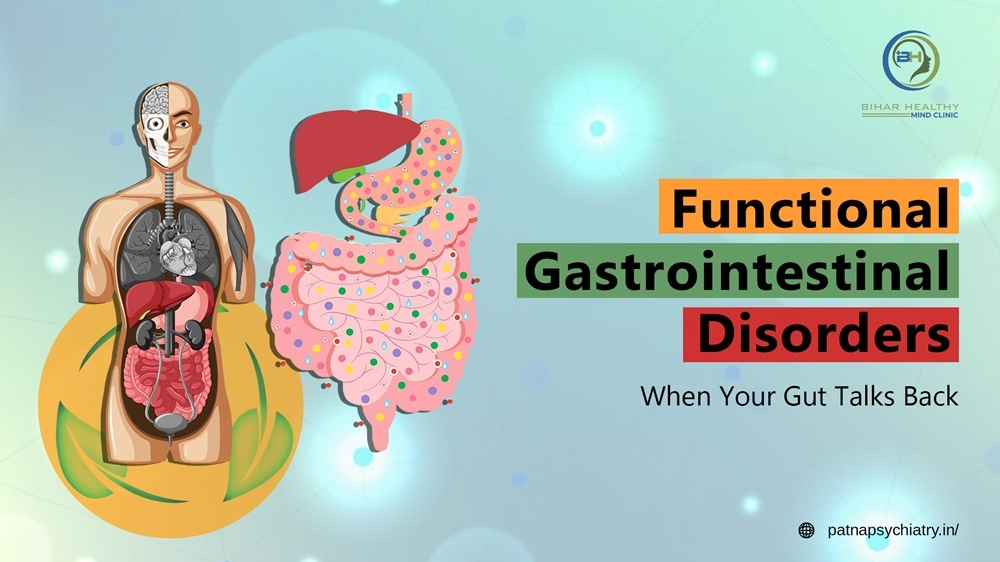
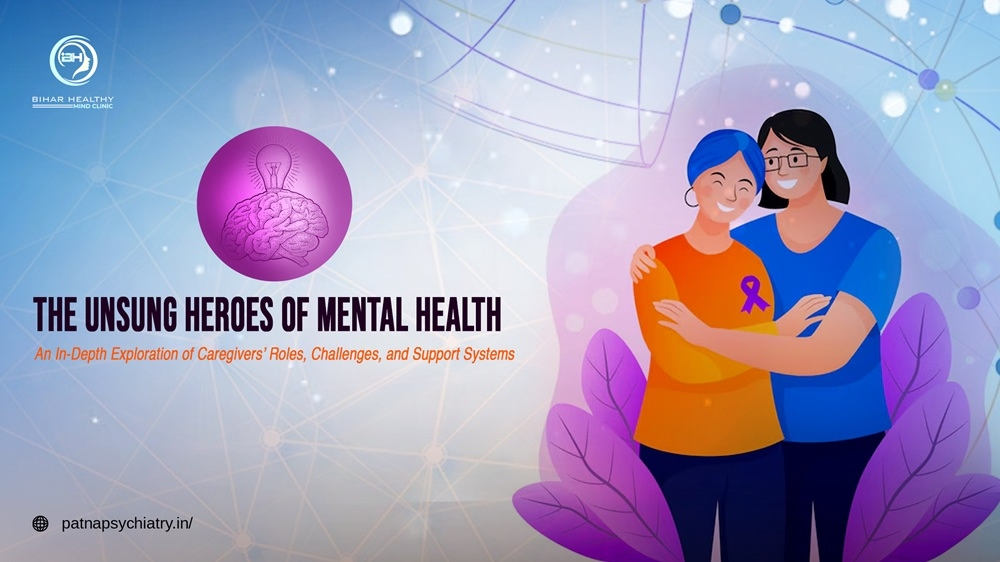
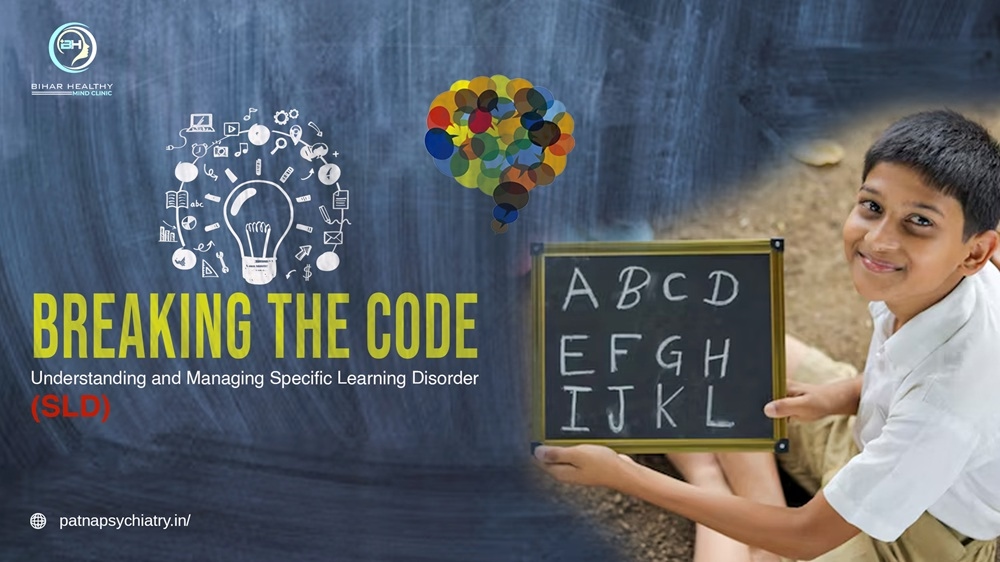
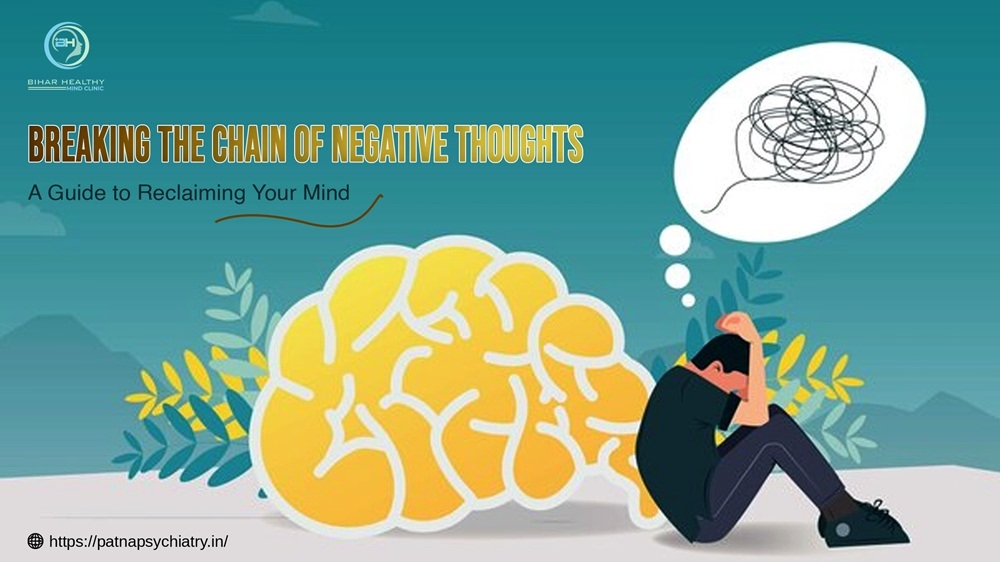
No comments yet. Be the first to comment!